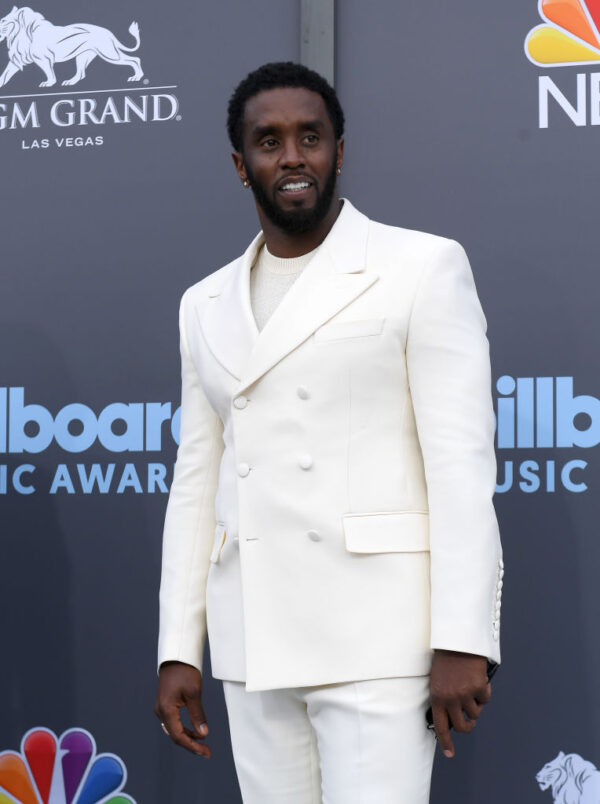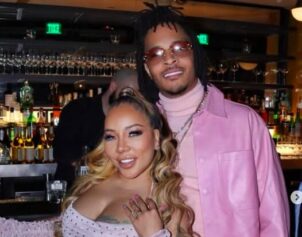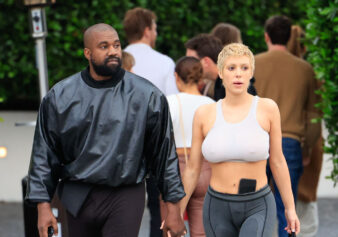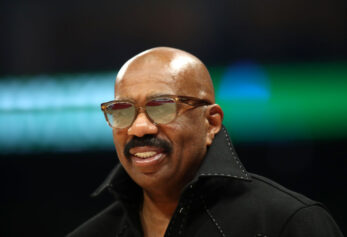There are several Black celebrity-owned liquor brands on the market belonging to entertainers like P-Diddy, Snoop Dogg, Kevin Hart, Jay-Z, and Drake, to name a few. If you’re looking to make the next Ciroc or Virginia Black, here are a few liquor owners who have shared their entrepreneurial knowledge.

Distillery Needed
First, start with a distillery. If you have the financial means, set one up and do research before moving forward. Keep in mind distilleries can be expensive. But if you don’t want to set up your own, you can license an existing liquor brand. This can also be costly, but it’s also a faster and easier process than building your liquor brand from the ground up.
“Understand that it takes time to see a return on investment,” explained a representative from Brindiamo Group, a team of entrepreneurs who helped develop alcohol beverage companies. “The possibility of loss should be kept at front-of-mind when starting a business. Anyone entering the liquor business should have a solid understanding of the three-tier system: producers, wholesalers, and retailers. Network and build trust with others in the industry. This industry has high stakes (and high scams), so a strong business plan is essential.”
Considering factors like equipment, location and permit, the average distillery can be up to $200,000.
Define Your Audience
“One of the biggest tips I have for small brand owners in this industry is to know who you want to market to, go meet them, and let them spread the word for you,” Camillya Masunda, owner of Ebony Wine & Spirits, a Black-owned North Carolina wine brand, told Finurah.
Masunda also encourages budding liquor brand owners to make marketing a priority. Take time to identify your audience and reach out to them.
“Ebony Wine & Spirits was created to celebrate the history and heritage of vast Black cultures around the globe within all of the uniqueness that they embody and represent,” Masunda said. “So we try to be at every event where our culture is present. We participate in places where Black people are celebrated and are creating memories. This participation spoke directly to the people we wanted to sell to; we knew creating those relationships would go far. Starting there eventually took us out of those parameters into larger audiences because they saw we could bring those crowds along with us now.”
Believe in Your Brand
Masunda also explained the importance of having passion behind your brand. There are many liquors out there, but one with a spirit and story will help yours stand apart.
“Have a true reason why you want to start your brand,” Masunda said. “There are enough faceless wine & spirit brands on the market, but with less than 1% of ownership represented by POC, we have to be 100% attached to our brand. And now, with the influx of celebrity brands who can use their status as leverage, you have to have a story that connects people to your product. Then that story has to be cohesive with your visuals, with your packaging, with your products, etc.”
But, like starting any business, there are snags you may encounter. Some of the biggest struggles Masunda faced were associated with her being a Black woman trying to break into the wine industry.
You’ll Need to Have Your Brand Distributed
“Certain vineyards and distributors didn’t want to work with me because I wasn’t part of the bigger brands or came in with a well-known name attached,” she explained. “But I didn’t stop; I would set countless meetings and eventually recruited someone on every coast to help me look for a vineyard to get my grapes.”
Masunda also pointed out that some of the distribution and restaurant retail placement forms were a bit convoluted and sometimes difficult to understand.
“Every state has different standards and needs, so investing in someone who can help complete those forms would be great,” she said. “It will help you get your brand in larger nationwide stores much more quickly.”




